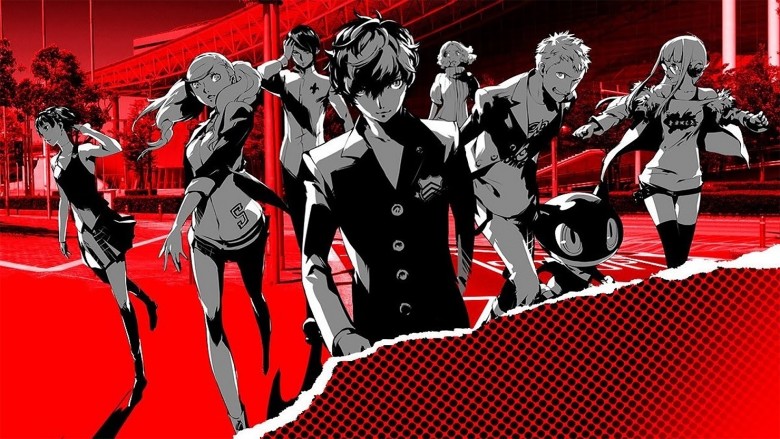Atlus Threatens Streamers Who Spoil Persona 5
Persona 5 is shaping up to be the Japanese role-playing game of the year—seriously, check out those reviews—but if Atlus has its way, the only way that you'll know exactly what happens is by playing that game yourself. Critics who received the game early observed that Persona 5 disabled the PlayStation 4's share button, preventing players from taking screenshots or videos of their favorite in-game moments. Today, Atlus released a list of guidelines for streamers and YouTubers, dictating exactly what they can and can't show, and threatening them with real-life consequences if they disobey.
In the official statement, Atlus explains, "We don't want the experience to be spoiled for people who haven't played the game. Our fans have waited years for the game to come out and we really want to make sure they can experience it fully as a totally new adventure." As a result, Atlus only wants streamers to talk about the game in "broad strokes" (i.e. discussion of themes and systems are fine, but plot points aren't).
But the rules are much stricter than just that. According to Atlus' guidelines, all Persona 5 playthrough videos must be capped at 90 minutes and can't include boss fights, major plot revelations, cutscenes, and specific characters, including Yusuke and "a certain student investigator." Additionally, Atlus asks fans not to stream past the in-game date of 7/7, which is about three "months" into the game.
And by "asks," we mean that Atlus demands obedience. In addition to an all-caps warning ("I HIGHLY RECOMMEND NOT DOING THIS, YOU HAVE BEEN WARNED"), Atlus representatives say that showing gameplay footage beyond 7/7 could result in a copyright claim against your video or, in extreme cases, "a channel strike/account suspension."
In other words, Atlus isn't messing around. The company notes that Persona 5—a game that's been out since last fall in Japan, and has had most of its secrets ruined already if you know where to look—"is a super special case," and won't necessarily be repeated for other games going forward. That's good news, because most attempts to censor video game-related content don't work out well for either the developers or the fans.

